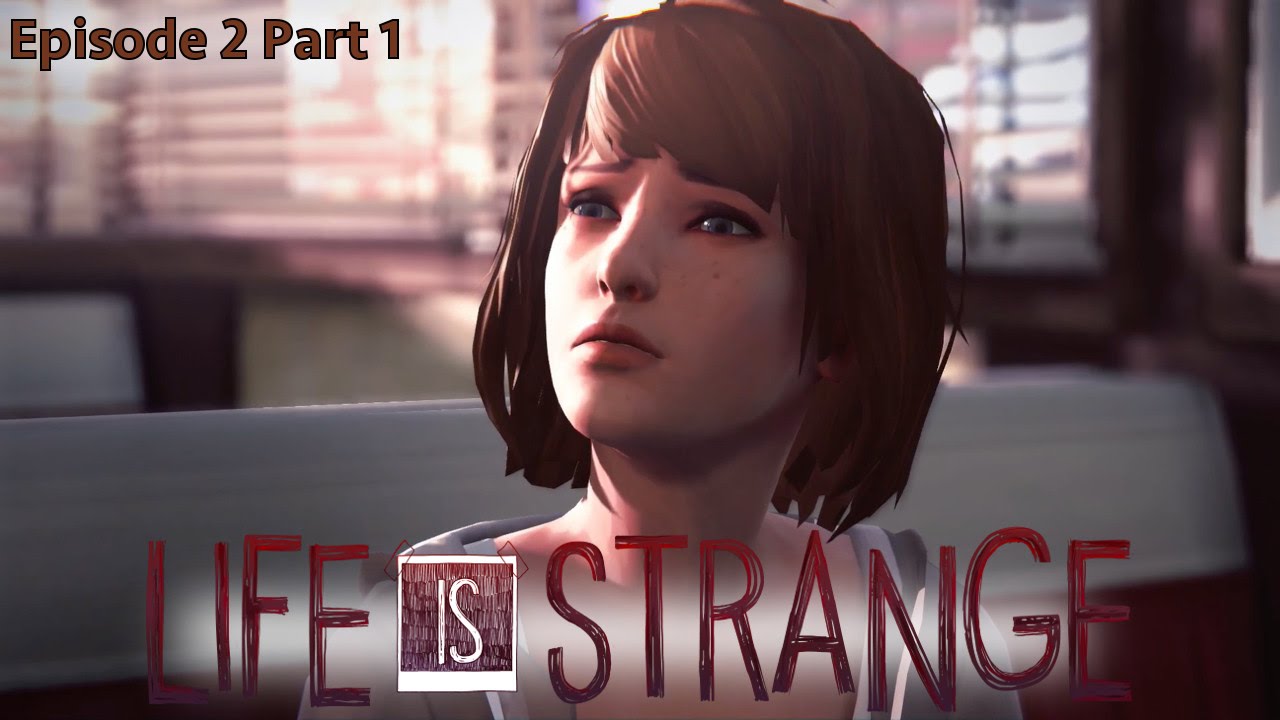Life is Strange Episode 2 Is An Unusual Look At Growing Up

If you are looking for a novel way to revisit school memories or sample an americanized version of what growing up is like these days, Life is Strange is both fascinating and emotional.
While the game's PEGI 16 rating mean this isn't something to let younger players experience on their own, as a talking point or unusual way to broach difficult subjects it has a lot of value.
Life Is Strange is an episodic game where you control a teenage girl called Max living in rural Pacific Northwest. As is the way of video-games she discovers strange powers that function as a central play mechanic — in this case being able to rewind time. But don’t let that put you off, there is more substance here than initially apparent.The time travel mechanic works well with the player’s relational decision making. It adds tension and encourages second guessing on the effects of each choice. You can make a choice and then, to some extent, go back and try different options by rewinding time.
The game tracks the teens as they negotiate the more extreme end of life’s problems. It's a little like Holly Oaks meets Doctor Who. Bullying, school work, friendship cliques and fashion are the order of the day, along with a helping of time travel. Life is Strange doesn’t hold back at depicting both teen angst, drug use, pregnancy and issues like.
Similar to Telltale games like The Walking Dead and Game of Thrones, Dontnod's episodic adventure tries to make you feel like there isn't a right choice. In Life is Strange you get to see how things instantly play out both one way or the other, and how sometimes there's no way to feel like you've made a good choice, let alone the right one.
The second episode, Difficult Decisions, also delves further into the back story of Max and her former best friend Chloe, whose live she miraculously saved the day before. After the first episode it was very easy to make snap judgments about a lot of characters, but even at this early stage the game is layering its characters and making you think a bit more about whether or not you've judged too quickly.





